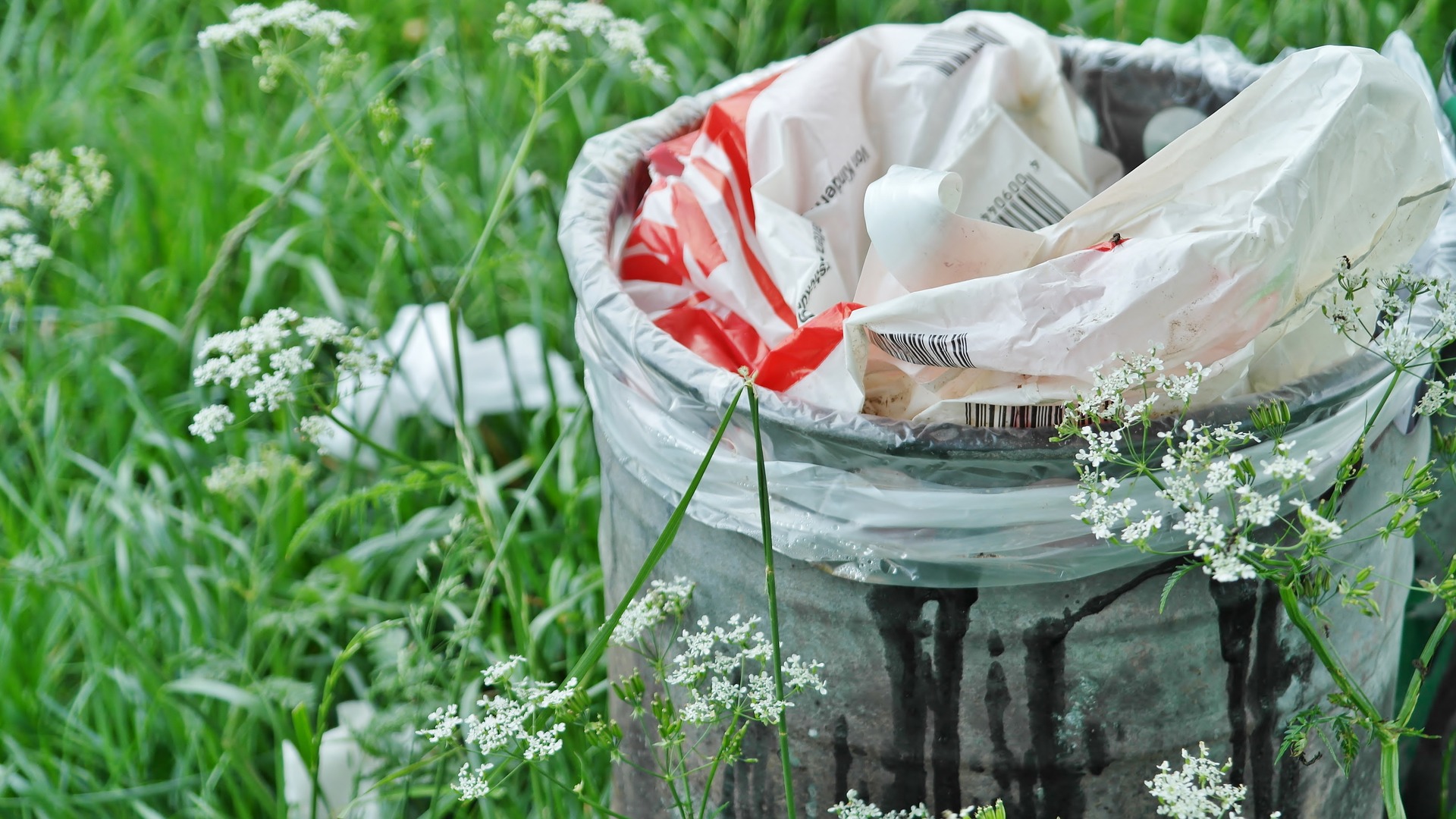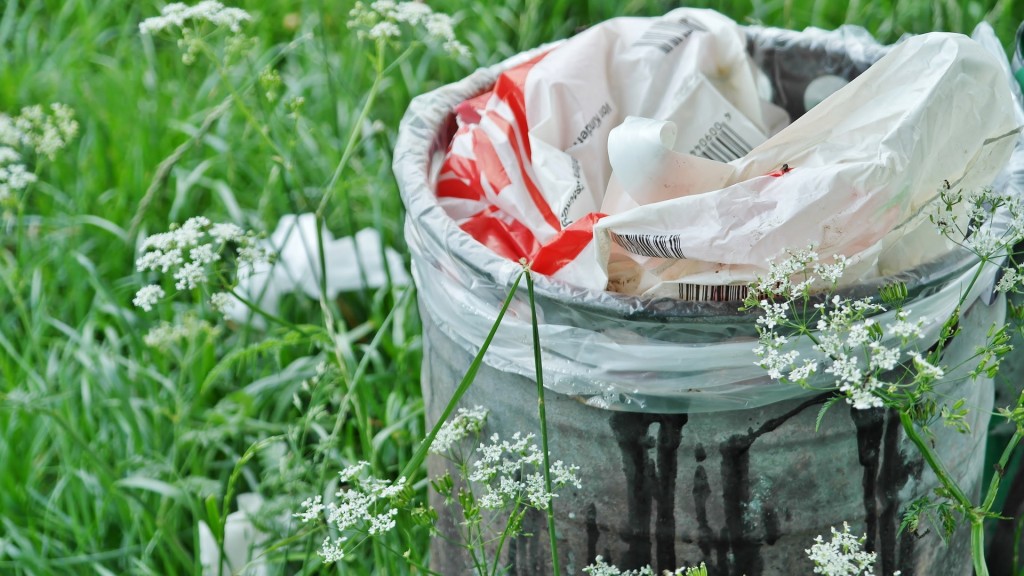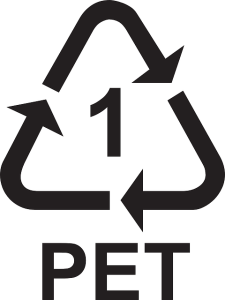
Recycling Tips: Back to Basics
Recycling Tips: Back to Basics

Reduce, reuse, recycle. This is a mantra you have heard before, and can most likely recite without any thought or hesitation. Maybe you even make a dedicated effort to recycle your junk mail, soda cans, and glass food containers. But when it comes to the empty pizza box that has some grease stains, or the milk carton you just finished off, it can start to get confusing. If you feel that way, you are not alone. So in support of America Recycles Day on November 15th, here are a few recycling tips.
Each state, and even individual cities, have their own unique recycling guidelines—you can find out more about your local recycling options here. However, there are important recycling basics that apply nationwide.
These are the top 10 items that can go in your recycling bin:
1. Cardboard
2. Paper
3. Food boxes
4. Mail
5. Beverage cans
6. Food cans
7. Glass bottles
8. Jars (glass & plastic)
9. Jugs
10. Plastic bottles & caps
Plastic bags, electronics, batteries and textiles can be recycled, but not in your curbside bin. Your local recycling program should explain how to properly recycle these items.
Now let’s talk about recyclable items that have touched food. A basic rule of them is to remove any food residue before tossing it in your bin. This means that with a good rinse, your juice or milk carton can be recycled. Unfortunately for your pizza box, if there are any cheese, grease or food spots, it cannot be recycled. You can cut out those sections and recycle the clean part of your box, then give yourself a nice pat on the back for going the extra mile.

If you see the recycle symbol on a plastic item, do you immediately think it can go in your recycling bin? Many of us do. But sadly, that isn’t always the case. That teeny-tiny number in the middle of the triangle represents the type of plastic used to make the container. So when you dutifully check about your local recycling program, see which types of plastics are acceptable.
This may sound like a lot of information, but one small change in your daily recycling habits helps reduce your impact on our planet.
So remember—reduce, reuse and recycle!






